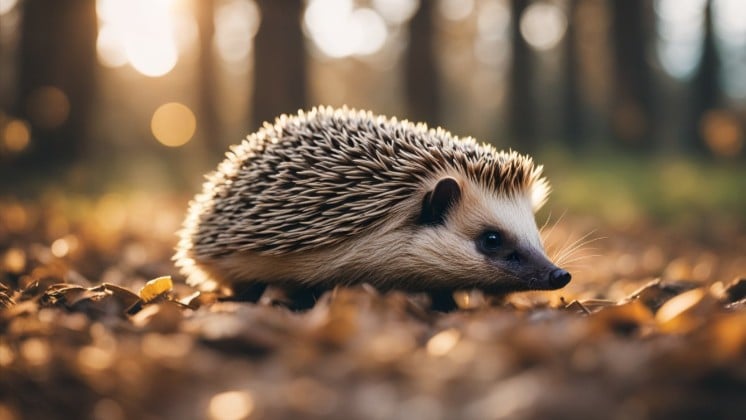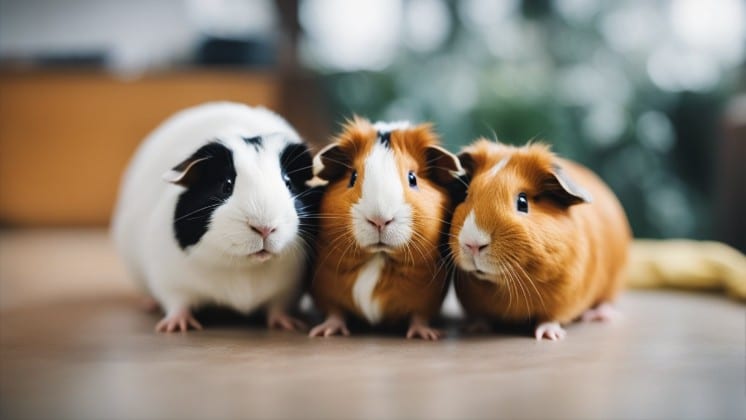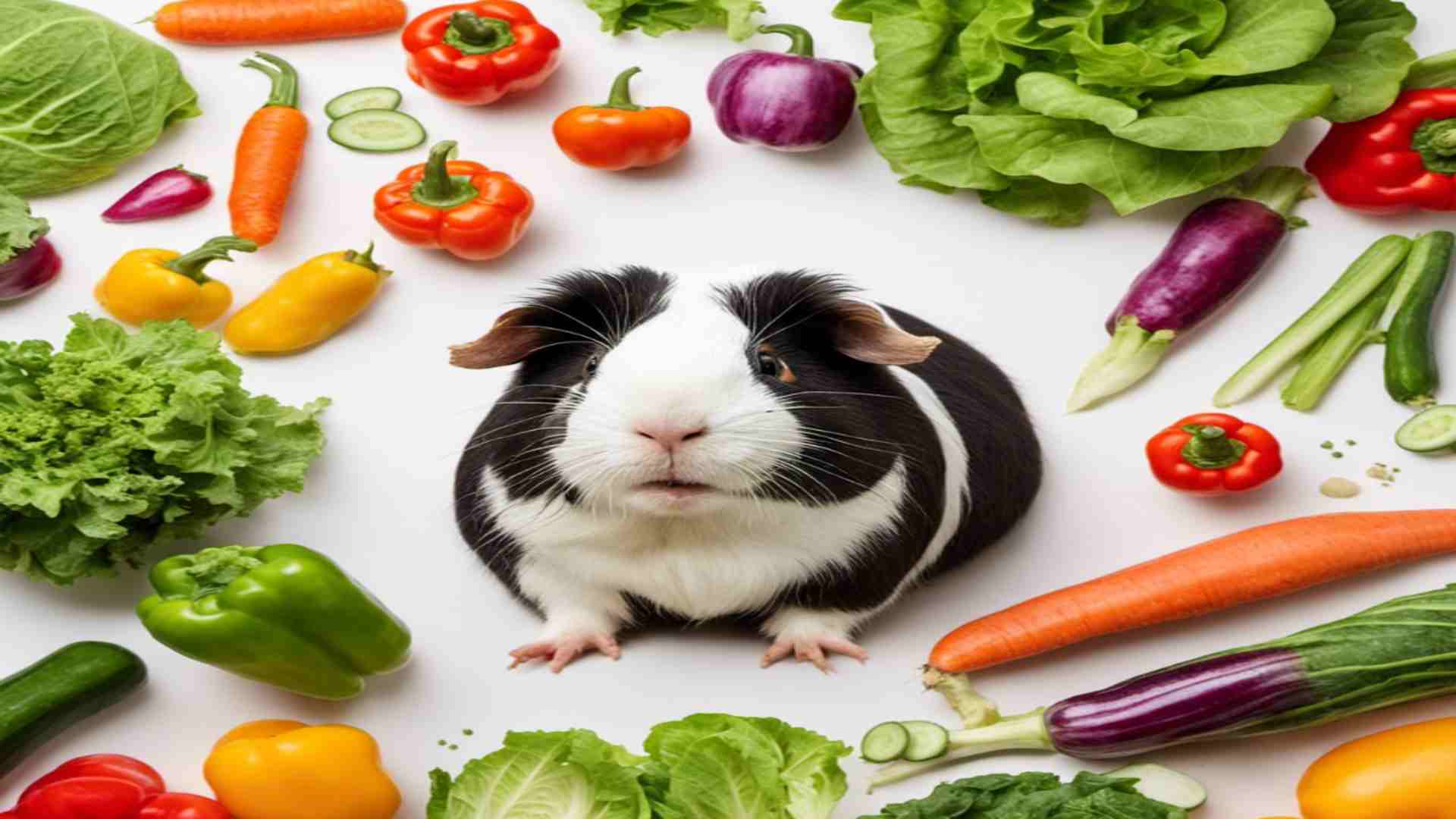The other day, while I was doing some research on chinchillas (because I’m thinking about getting one), I came across an interesting question on a forum.
I wasn’t sure if the person who asked the question was just curious or if they were concerned that their chinchilla might get hiccups and be unable to stop them. Either way, I thought it was a valid question that deserved an answer.
So, can chinchillas get hiccups?
Chinchillas can get hiccups. They are caused by diaphragm spasming, the muscle that separates the chest and the abdomen. Hiccups are caused by excitement, eating too fast, or drinking cold water.
When a chinchilla gets hiccups, the diaphragm contracts, and the stomach is forced to push up against the lungs. This causes the ‘hic’ sound.
Hiccups are usually not a cause for concern in chinchillas. They will usually go away on their own after a few minutes. However, if the hiccups persist for more than a few hours or if your chinchilla seems to be in distress, it is best to contact a veterinarian.
Why do Chinchillas get Hiccups?
Chinchillas have a similar set of organs to humans, so as weird as it sounds, they can get hiccups.
In fact, a lot of animals get hiccups. The problem with chinchillas is that it can be difficult to differentiate their hiccups from other noises they might make.
Chinchillas and Hiccups
While hiccups might seem like a strange phenomenon, they are quite simple.
They are caused when the diaphragm suffers an involuntary spasm, which thereby causes the vocal cords to snap closed. This creates the sound one recognizes as a hiccup, at least in humans.
There can be many underlying causes of hiccups, making it almost impossible to say which one may be the root of a current hiccup episode. Such potential causes include, but are not limited to, the following:
- Overeating or consumption of spicy food
- Intense excitement or fear
- Eating too quickly or swallowing too much air while eating
- Stress or other powerful (often negative) emotions
- Certain medications, especially those that include benzodiazepine
Now, as you can probably determine on your own, a few of these are almost certainly not relevant to chinchillas.
They shouldn’t be drinking anything carbonated or alcoholic, and they often don’t get prescribed the types of medications that would cause them to have hiccups. However, except for spicy food, the other causes are potential culprits.
Note: When it comes to your chinchilla, the most likely reason they may have hiccups is due to their eating habits or emotional state.
A chinchilla that eats too fast (or too much) is likely to get hiccups, but a chinchilla that is very anxious or excited might get them as well. The problem is identifying what hiccups sound like from a chinchilla.
How to Identify Chinchilla Hiccups
If you own a chinchilla or have watched videos of them, you may be familiar with the barking sound that chinchillas often make to try and communicate with the world around them.
This barking noise is strikingly similar to the noise that a chinchilla makes when it has hiccups. This can make it difficult to distinguish between the two.
However, there is a particular trick to telling the two apart, and that’s taking note of the frequency and behavior of the chinchilla in question.
If your chinchilla is making rapid barking noises in response to some outside stimuli, it probably is barking. If the noise appears sporadic and inconsistent, it is probably the hiccups.
It can be difficult to judge what exactly is causing your chinchilla to get hiccups, but it will usually have something to do with the way they eat.
Eating a lot of food very quickly, overeating, or eating in a way that causes an animal to swallow a lot of air can all lead to many hiccups. It’s also possible that your chinchilla might just be overexcited.
If you feel that the hiccups result from your chinchilla’s eating habits, you may want to try feeding them less, feeding them a different brand of food, or getting a food system that arbitrarily limits how fast they can eat.
If you are concerned, raise this question with a veterinarian, and they will tell you what to do.
Chinchilla hiccup noise
Chinchillas are prone to hiccups, and these hiccups can be quite noisy. Chinchilla hiccups usually last for a minute or two and then go away on their own, but they can be quite annoying in the meantime.
If your chinchilla has hiccups, there is not much you can do to make them stop. Just wait it out, and they will eventually go away.
If the hiccups persist for more than a few minutes, or if your chinchilla seems to be in distress, you should take them to see a veterinarian.
What Should You Do if Your Chinchilla Has Hiccups?
While it may seem like it is something abnormal, one must keep in mind that hiccups are not a serious problem, and they don’t cause any harm. As with hiccups that humans get, the best thing to do is to let them pass on their own. After all, hiccups will always fade with time, and they aren’t hurting the chinchilla.
Of course, it’s understandable that a chinchilla’s hiccups may be a bother for another reason: if they get them at night, the noise may be quite annoying and prevent you from sleeping.
How can you help your chinchilla get rid of hiccups?
First of all, you don’t have to be concerned for your chinchilla’s health if they get the hiccups, as it is not dangerous and will pass in time.
That said, there are a few things you can do to try and help them.
- Make sure that the chinchilla has plenty of water to drink. Chinchillas can sometimes get hiccups from being dehydrated, so giving them fresh water and ensuring they have access to it at all times can help keep this from happening.
- Offer the chinchilla some fresh vegetables or fruits as a treat. These can help to soothe an upset stomach, which may be causing the hiccups.
- Massage your chinchilla’s chest gently. This can often help to relax the muscles and stop the hiccupping reflex.
While holding your chinchillas, make sure that you support their back and bottom so that they feel secure. In fact, not all chinchillas like to be held. In my recent article, I go over the reasons why.
Click the link to learn more on my site.
If your chinchilla’s hiccups are due to their eating habits, you can try to change the way they eat.
If they’re eating too fast, see if you can find a way to slow them down. This might mean breaking their food into smaller pieces or getting a feeder that only allows them to eat a little bit at a time.
If your chinchilla’s hiccups persist for more than a day or two, it’s probably a good idea to take them to the vet, just in case of an underlying health condition causing the hiccups. However, in most cases, chinchilla hiccups are nothing to worry about.
As for how long it will take for a chinchilla’s hiccups to stop, like humans, there is no way to tell. Sometimes, the hiccups may last for just a minute or two. Other times, it may last half an hour.
Summary
Before we move on to the conclusion, we’ve summarized this article into a short list of key points for you to remember:
- Hiccups are not a serious problem and usually pass on their own.
- Make sure your chinchilla has plenty of water to drink, and offer fresh vegetables or fruits as a treat.
- Massage your chinchilla’s chest gently to help relax the muscles and stop the hiccupping reflex.
Final thoughts
The main thing you should take away from this article is that hiccups are generally not a cause for alarm in chinchillas. As long as the hiccups don’t last for an extended period, there’s no need to worry.
Of course, if the hiccups persist for more than a day or two, it’s probably a good idea to take your chinchilla to the vet.
Other than that, try to make sure that your chinchilla doesn’t eat too fast, and if they do get the hiccups, don’t stress out. They’ll go away eventually.
Want to learn more about chinchillas?
Ready to boost your knowledge to the next level? If so, check out the articles below:
- Do Chinchillas Mate For Life? 7 Facts You Should Know
- How Long Can You Leave Your Chinchilla Alone? (Read This First!)
- Why Do Chinchillas Fart and What Cause It? (Explained)





